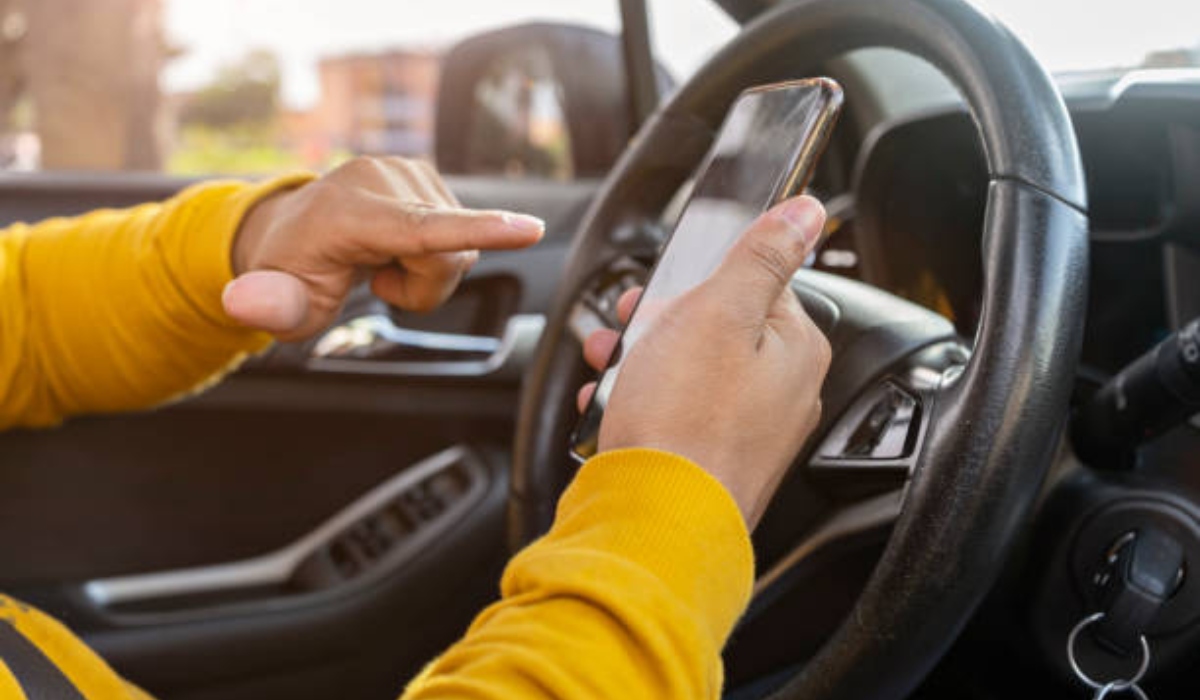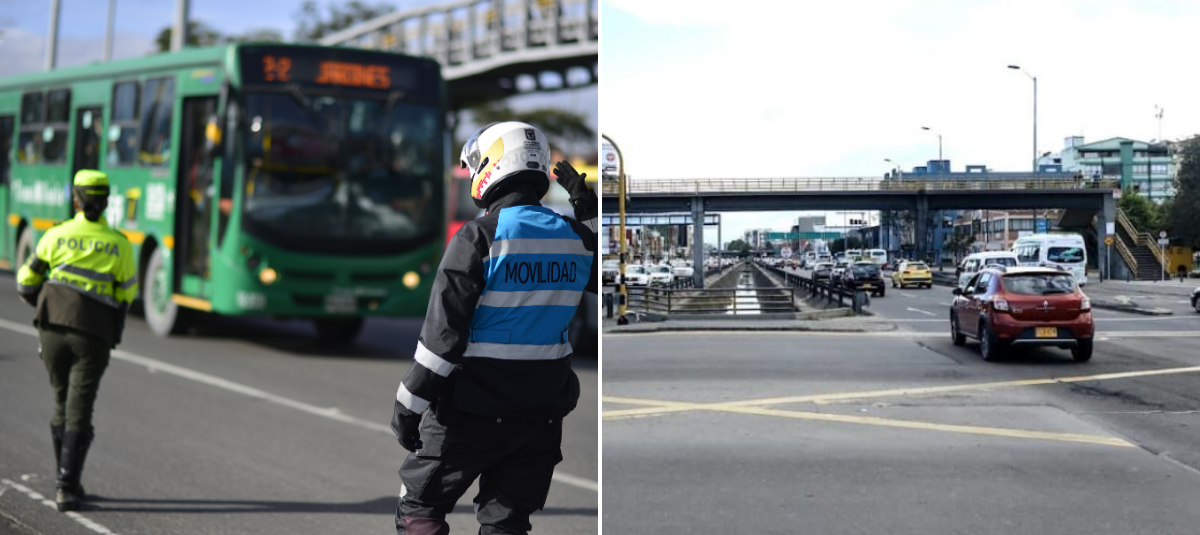What to do if you're stopped in an app-based car? 'You're not obligated to answer,' warns expert

'Mr. Biter' explained what to do if he's stopped in an app-based car. Photo: Instagram @senorbiter / iStock
Many Colombians currently use ride-hailing apps such as Uber, InDriver, DiDi, and others. However, some passengers wonder if they are required to respond to a traffic officer when stopped using one of these services.
READ ALSO

In an interview with traffic ticket specialist 'Señor Biter' on the RCN Radio program 'Una mirada diferente' (A Different Look), he answered this question, which left many surprised, given that few people are familiar with Colombian traffic laws.
It's important to remember that in Colombia, ride-hailing platforms remain illegal, despite thousands of vehicles dedicated to this business. In Bogotá alone, there are more than 4 million users of this type of service, and more than 3,000 drivers provide at least one service through these apps, according to a report by Citynoticias.
The person has the right to remain silent. Photo: iStock
Mr. Biter explained that, although many passengers believe they are obligated to respond to authorities when stopped in a vehicle hired through one of these platforms, the reality is that they can remain silent if they prefer.
READ ALSO

"If the transit authority does speak directly to the passenger, we must remember that we are not obligated to answer the officer's questions unless there is a written court order, which there won't be at that time," he stated.
Although the officer insists on asking several questions to both the driver and the passenger, if they do not wish to speak, they are within their rights, according to information provided by Mr. Biter.
“When they start asking questions like, 'Who are you?', 'Are you friends?', 'Where are you going?', 'Where are you from?', 'Are you related?', 'What's your name?', 'Is this a flatbed truck?', 'Are you being provided a service?', neither the driver nor the passenger is obligated to answer any of those questions,” he said.
READ ALSO

One thing the ticket expert recommended is that people not feel pressured by the traffic officer, as when this happens, they tend to give the wrong answer, which ultimately harms the driver.
“The main problem is that some passengers feel pressured by the authorities, and the easiest thing, unfortunately, is to answer 'yes' and then realize they're harming the driver. From the moment the person says 'yes,' that's the only proof the traffic officer needs to issue the fine ,” he said.
Many people use these apps. Photo: iStock
As long as there's no court order compelling them to give a statement, the passenger can remain silent. "I have the right not to answer any questions, or at least there's a court order compelling me to be questioned, because that's an investigation," he concluded.
DIGITAL REACH EDITORIAL
Follow all the Culture news on Facebook and X , or in our weekly newsletter .
eltiempo





